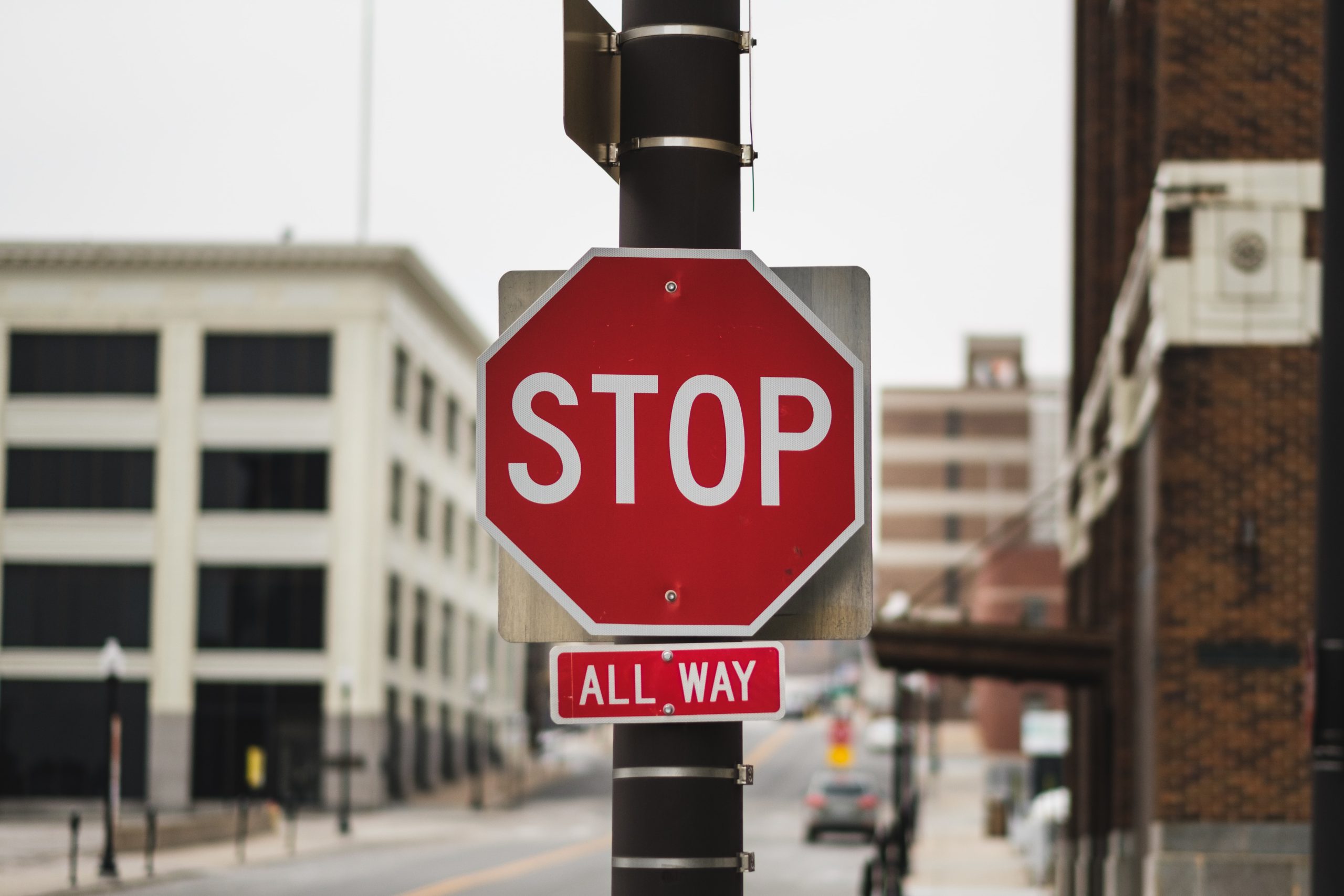Stop Foreclosure: Learn How to Protect Your Home with Wisconsin Bankruptcy
What Will Happen to My Home and Car If I File Bankruptcy in Wisconsin?
Are you facing foreclosure? Do you want to know how to stop the foreclosure? Have you considered bankruptcy? In most cases, you will not lose your home or car during your bankruptcy case, as long as your equity in the property is fully exempt, according to Wisconsin bankruptcy exemptions. Even if your property is not fully exempt, you can still keep it by paying its non-exempt value to creditors in Chapter 13 bankruptcy.
However, some creditors may have a “security interest” in your home, automobile, or other personal property, which means you gave that creditor a mortgage on the home or used your property as collateral for the debt. Bankruptcy does not eliminate these security interests. If you fail to make payments on that debt, the creditor may have the right to take and sell the home or property, during or after the bankruptcy case. Fortunately, there are ways to keep collateral or mortgaged property after filing for bankruptcy:
- Agree to Continue Payments: You can choose to keep making your payments on the debt until it’s paid in full.
- Pay the Creditor: You can pay the creditor the amount that the property you want to keep is worth.
- Challenge the Debt: In cases involving fraud or improper conduct by the creditor, you may be able to challenge the debt.
- Exempt Property: If you used your household goods as collateral for a loan (other than a loan to purchase the goods), you can typically keep your property without making any more payments on that debt.
Can I Own Anything After Bankruptcy?
Yes, you can own property after filing for bankruptcy. Contrary to a common misconception, you are not prohibited from owning assets for a period of time after bankruptcy. You can keep your exempt property and anything you obtain after the bankruptcy is filed. However, if you receive an inheritance, a property settlement, or life insurance benefits within 180 days after your bankruptcy, that money or property may have to be paid to your creditors if it’s not exempt. You can also keep any property covered by Wisconsin bankruptcy exemptions throughout the bankruptcy process.
Stop Foreclosure: Protecting Your Home in Wisconsin Bankruptcy
Let’s address the primary concern of many individuals considering bankruptcy: keeping their homes. Here are some common scenarios to help you understand how you can protect your home in Wisconsin through bankruptcy:
1. Stop Foreclosure: How Bankruptcy Allows You to Keep Equity in Your House
Equity in the house is calculated by subtracting the balance owed on all mortgages from the house’s current value. In Wisconsin, bankruptcy filers can keep their homes as long as they have less than $75,000 of equity in the property ($150,000 for a married couple). Most bankruptcy clients have far less than $75,000 in home equity. If you have more than $75,000, you can still retain your home by paying the excess over $75,000 into your Chapter 13 plan for 36-60 months.
2. Stop Foreclosure: How Bankruptcy Allows You to Stay in Your Home When You Are Current on Mortgage Payments
If you are current on your mortgage payments, you can keep your home in either Chapter 7 or Chapter 13 bankruptcy by continuing to make the mortgage payments. Banks typically want your money, not your house. As long as you keep making payments, everyone involved will be satisfied.
3. Stop Foreclosure: How Bankruptcy Allows You to Stay in Your Home Even If You Are Behind on Mortgage Payments
Even if you are behind on your mortgage payments, you can still keep your home in bankruptcy. Chapter 7 filers may need to catch up within a couple of months, while Chapter 13 filers can repay the mortgage arrears over 36-60 months through the Chapter 13 plan. Additionally, Chapter 13 allows you to start making regular mortgage payments directly to the bank, effectively preventing foreclosure.
To Stop Foreclosure Find Solutions Based On Your Unique Situation
If you have a specific situation not covered here, it’s essential to discuss it with your attorney. However, the crucial takeaway is that you can likely protect your home by filing for bankruptcy in Wisconsin.
Don’t let the fear of foreclosure keep you from seeking help. Contact Dahlberg Law Group today for a free consultation by calling (262) 677-8999 to explore your options and secure your home. Our experienced attorneys, including Attorney Steve Eichsteadt, are here to guide you through the process and provide the legal assistance you need.
Frequently Asked Questions about how to Stop Foreclosure through Bankruptcy
Q1: What happens to my home and car if I file for bankruptcy in Wisconsin?
A1: In most cases, you can keep your home and car as long as your equity is fully exempt or you agree to pay non-exempt value to creditors. However, security interests from creditors may apply.
Q2: Can I own anything after bankruptcy?
A2: Yes, you can own exempt property and anything obtained after bankruptcy. Some assets may need to be paid to creditors if they are not exempt.
Q3: How can I protect my home in Wisconsin bankruptcy?
A3: You can protect your home by assessing your equity, staying current on mortgage payments, or catching up on arrears through Chapter 13 bankruptcy.
Q4: What if my situation is unique?
A4: If you have a unique situation, discuss it with your attorney for personalized guidance.
For additional information and step-by-step guidance on the bankruptcy process in Wisconsin, please visit the Wisconsin Bankruptcy FAQs and explore the available forms for download.


